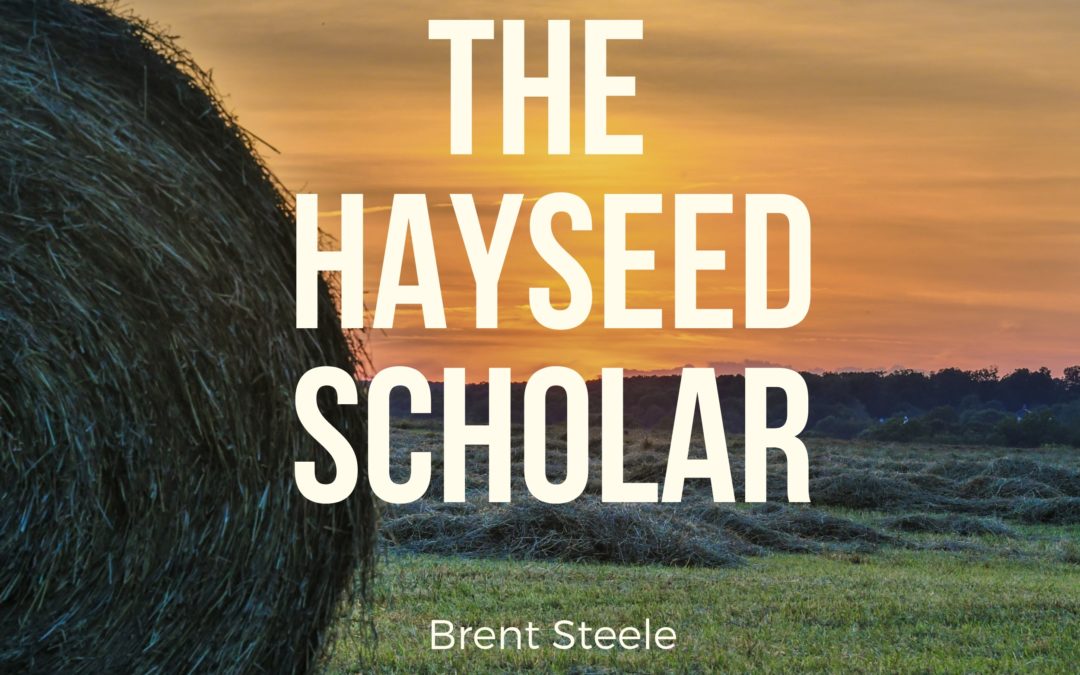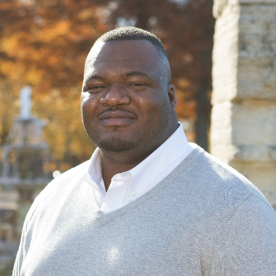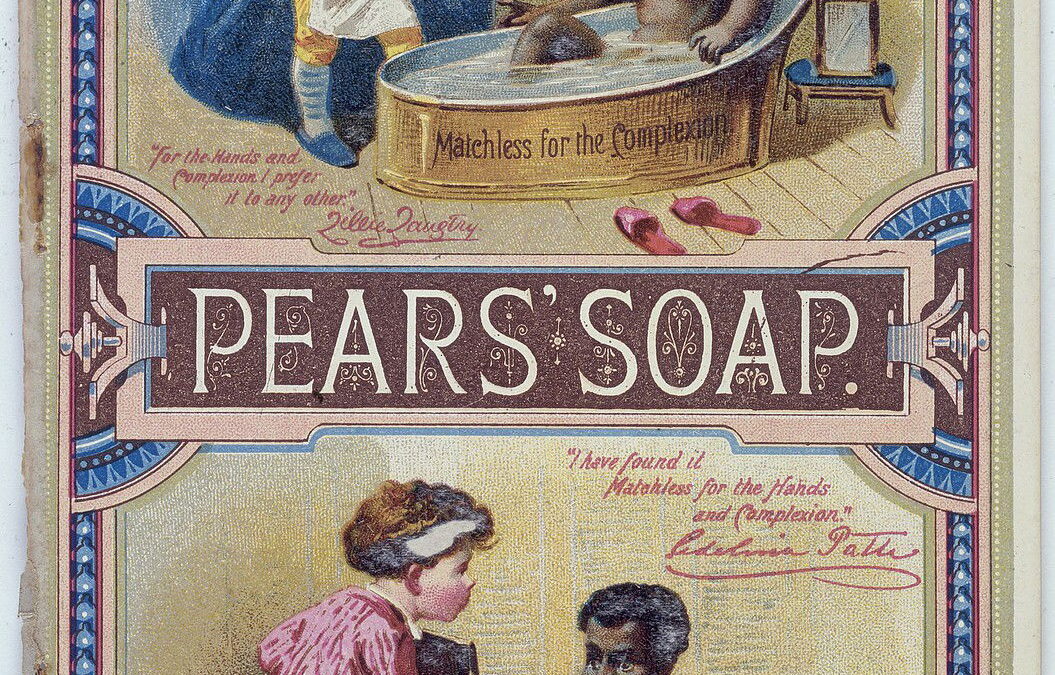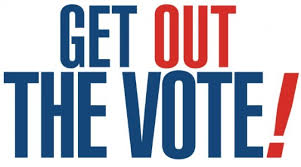Professor Ann Towns of the University of Gothenburg visits the Hayseed Scholar podcast. Professor Towns grew up in Sweden, and was interested in playing music and especially performing classical music as a child. But by the time she was in high school, she wanted to...







